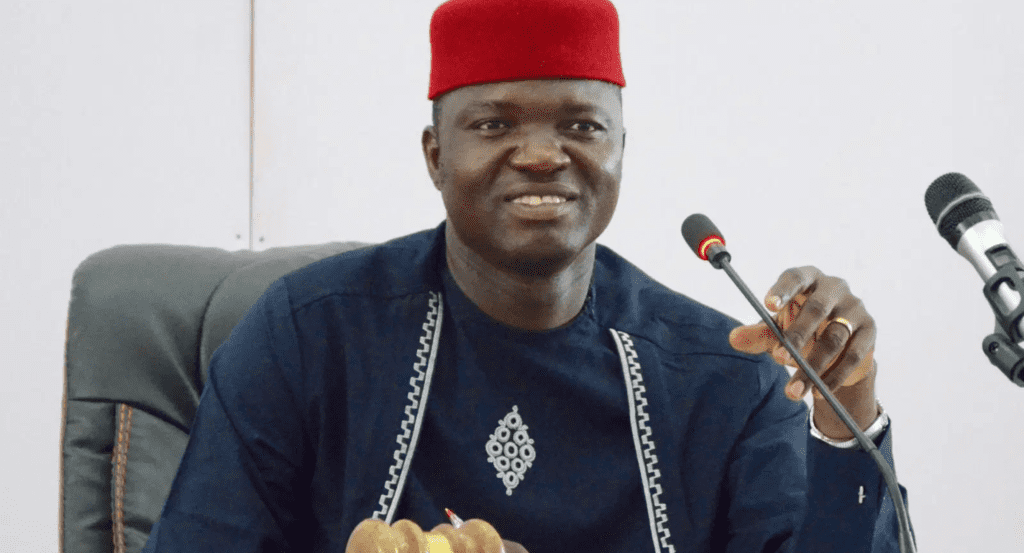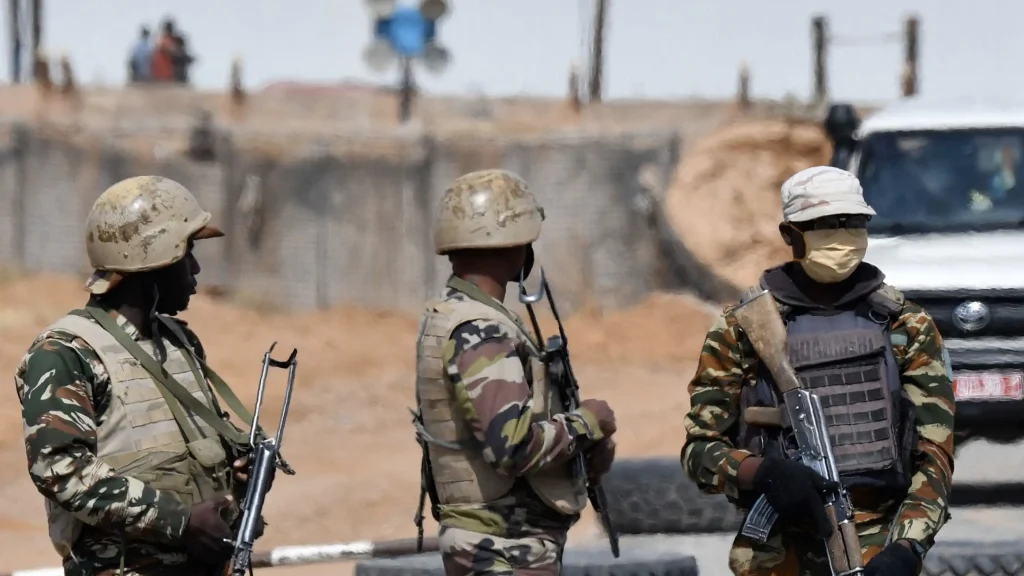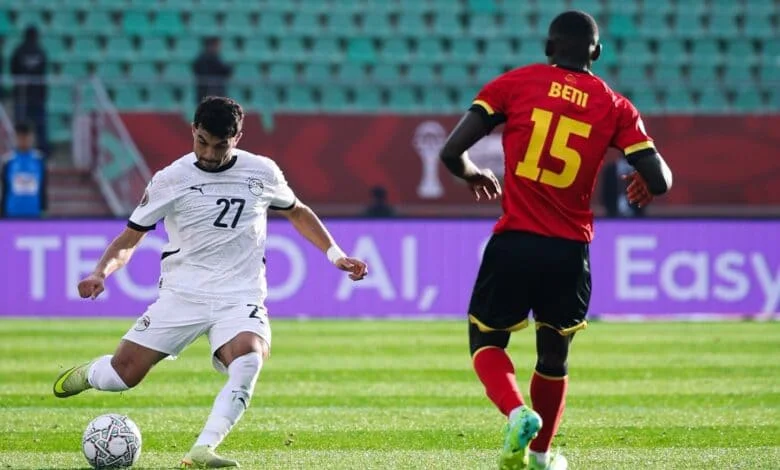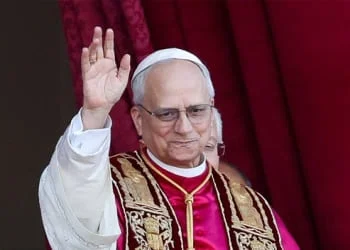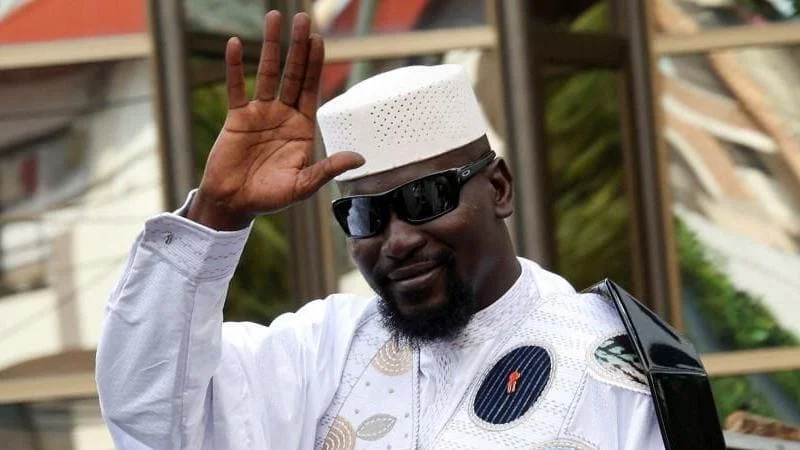A heated standoff between the Nigeria Labour Congress (NLC) and Ebonyi State Governor Francis Nwifuru has escalated, following the governor’s threat to dismiss workers participating in the ongoing strike over the implementation of the national minimum wage.
The NLC and affiliated unions declared the strike to protest against the state’s failure to meet the agreed-upon minimum wage of ₦30,000. Ebonyi workers joined counterparts in the Federal Capital Territory (FCT) and two other states, effectively paralyzing public services, including schools, hospitals, and government offices.
Governor Nwifuru, while addressing the disruption, expressed frustration over the strike’s impact on governance and public welfare. He described the actions of striking workers as irresponsible and warned that his administration would not hesitate to terminate their appointments if they refused to resume duties.
The NLC fired back, condemning the governor’s remarks and accusing his administration of neglecting the welfare of workers. Emmanuel Ugboaja, the NLC’s General Secretary, stated that workers are exercising their constitutional right to demand fair compensation and called the governor’s threat “a diversionary tactic aimed at avoiding accountability.”
The wage dispute highlights broader tensions surrounding the implementation of the national minimum wage, which has faced resistance from some states citing financial constraints. Workers argue that the current economic realities, compounded by inflation and rising living costs, make the full implementation of the minimum wage non-negotiable.
The strike has gained traction, with unions rallying around the affected states and urging the federal government to intervene. Critics, however, argue that the strike’s disruption of essential services harms citizens more than it pressures the government to act.
As the crisis deepens, labor leaders are emphasizing the need for dialogue over threats. They propose that Ebonyi state engage with unions to resolve the dispute amicably. Meanwhile, observers note that the conflict underscores the fragile state of labor relations in Nigeria, with systemic issues like wage arrears and inadequate funding exacerbating the situation.
The standoff is likely to set the tone for future labor relations in the state, with both sides digging in and workers demanding not only fair wages but also respect for their contributions to governance.

